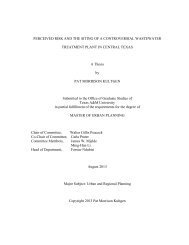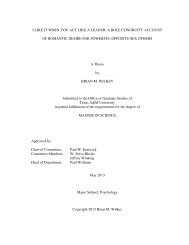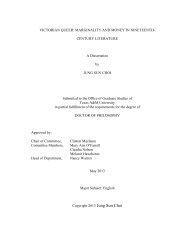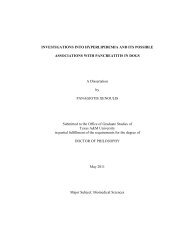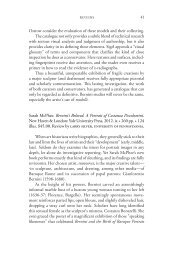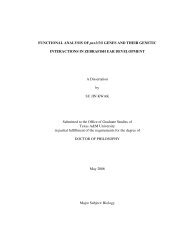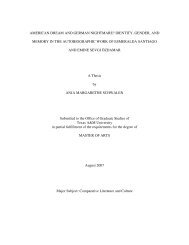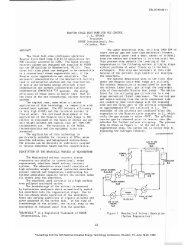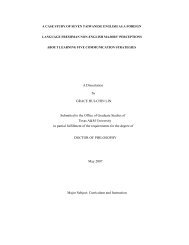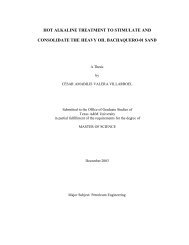THE EFFECT OF ETHICAL SIGNALS ON RECRUITMENT ...
THE EFFECT OF ETHICAL SIGNALS ON RECRUITMENT ...
THE EFFECT OF ETHICAL SIGNALS ON RECRUITMENT ...
Create successful ePaper yourself
Turn your PDF publications into a flip-book with our unique Google optimized e-Paper software.
of the organization to the applicant; a negative experience during the recruitment process<br />
may even result in an elimination of the organization from the applicant’s consideration<br />
(Joo & McLean, 2006; Rynes et al., 1991). Similarly, a positive experience may give<br />
the organization an advantage in an environment that is highly competitive for well-<br />
qualified candidates. Thus, it is important that researchers focus attention on early<br />
recruitment practices and their effects on applicant decisions (Collins & Han, 2004).<br />
Valuable information such as attributes of current employees and the culture of<br />
the organization can be communicated through the recruitment process (Highhouse et al.,<br />
2002). Specifically, interviewers have a very important role in applicant attraction to the<br />
organization because they provide early cues about the job, the organization, and the<br />
overall culture (Gilmore et al., 1999). Much of the research on recruitment practices<br />
(detailed more in Chapter II above) centers around recruiters and their behaviors during<br />
interviews (Powell, 1984). Interactions with the recruiter are associated with<br />
employment intentions; as recruiters send signals to the applicants, applicants form<br />
impressions and become more or less attracted to the organization (Barber, 1998).<br />
Recruiters have a key part in recruitment because they communicate important<br />
information about the organization to the potential applicant (Carless & Wintle, 2007),<br />
and help maintain applicant attraction in the early recruitment process (Turban &<br />
Doughterty, 1992). Researchers have found that applicants often leave the recruitment<br />
process after the initial interview (Barber, 1998). This demonstrates the importance of<br />
the early stages of the recruitment process in forming applicant impressions and<br />
affecting applicant decisions. Taylor and Bergmann (1987) found recruitment practices<br />
25



